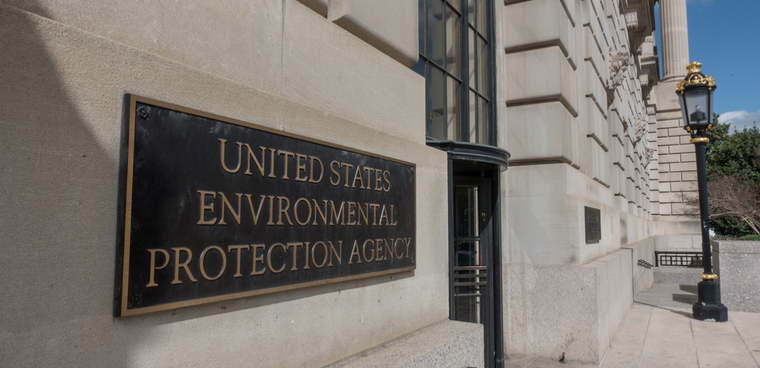EPA needs to manage contractors better, says Hill panel
Three senior Republicans on the House Energy and Commerce Committee want the Environmental Protection Agency to get a better handle on its contractor workforce.

Three senior Republicans on the House Energy and Commerce Committee want the Environmental Protection Agency to get a better handle on its contractor workforce.
In a June 3 letter sent to EPA Administrator Scott Pruitt, Committee Chairman Rep. Greg Walden (R-Ore.), Oversight and Investigations Subcommittee Chairman Rep. Gregg Harper (R-Miss.) and Environment Subcommittee Chairman Rep. John Shimkus (R-Ill.) asked for a wide range of information on how the agency manages and conducts oversight of its contractors.
Pruitt resigned June 5 following a string of management and ethical controversies.
The members cited a series of Inspector General and Government Accountability Office reports that have discovered past instances of overbilling and double billing at the agency, as well as contractors with incomplete background checks or who have failed to meet the necessary backgrounds specified in contract requirements.
A 2010 assessment from the GAO found that the agency had about 6,000 contractors. However, the members wrote that "it appears the EPA currently does not have a clear understanding of how many contractors are currently employed by the agency." An OIG report issued last year found that EPA also doesn't know how many of its contractors have "significant information security responsibilities."
"Given the agency's substantial investment in contracts and the important role of contractors at EPA, it is important to have processes and procedures in place to effectively oversee the contractor workforce," the members wrote.
Walden, Harper and Shimkus want to know by July 17 how many contractors the agency relies on, the number of contractor-held positions that require a security clearance, whether companies are rotating contractors on and off information security projects, how many contractors have been removed since 2012 for wrongdoing and whether the agency has safeguards in place to ensure those who are removed aren't subsequently assigned to future projects.
NEXT STORY: New ideas for an old institution





